Napa Valley Winery owner Kelly Fleming’s origin story isn’t entirely unlike many who fancy a career as an independent vintner.
Fleming, who was involved heavily in the restaurant industry before purchasing the land in Calistoga in 1998 and establishing what would become Kelly Fleming Wines, is like many who had a successful first career before buying a vineyard and making wine.
While she had experience farming and enjoyed cultivating the 12-acre vineyard that has provided the grapes for her wines for the past two decades, she said there’s one thing lifelong professionals who are used to being well paid should be aware of.
It’s not going to be lucrative at the outset, and you need to be prepared for that.
“Never underestimate how much it’s going to cost,” Fleming warned. “Make sure you have the capital ready to use and don’t expect to make it back anytime soon. When you eventually sell the property, you’ll likely do well because land values tend to go up.”
There are myriad factors that make starting out as a vintner cost prohibitive — especially in a wine-saturated area like Napa Valley, California. The permitting process in Napa County is challenging, she said, there’s a lot of competition in wholesale as well in the direct to consumer market, and it can be hard to move product quickly with high price points due to land in Napa being pricy.
“Holding wine for three years before it can go to market can be a dent in your checkbook,” Fleming said.
Making it clear that making money immediately can’t be the expectation for most new vintners, she had a couple of suggestions for those interested in becoming winery and vineyard owners — options she sometimes wishes she had chosen.
“Financially, maybe I wouldn’t have built the winery and I would have made less wine and enjoyed it more,” said Fleming, noting that she finds cultivating land and growing grapes to be the most rewarding part of the business. “I would have still grown and cultivated, but I could have chosen to have the grapes crushed elsewhere.”
Had she gone that route, she could have saved herself some overhead while focusing on some attributes of her erstwhile newly purchased land that would have still made money.
“I might have sold some grapes — if you have good grapes you’re going to be paid well for those grapes,” she said, noting that growers who own prestigious vineyards have their vineyard on the label of the wines produced using their grapes, with some earning a percentage from each bottle. “For an individual like me who had no investors, that would have downsized my commitment.”
If she really wanted to earn money after wrapping up her first career, she could have put the money into the stock market, she said.
“But it wouldn’t have been as much fun,” she added.

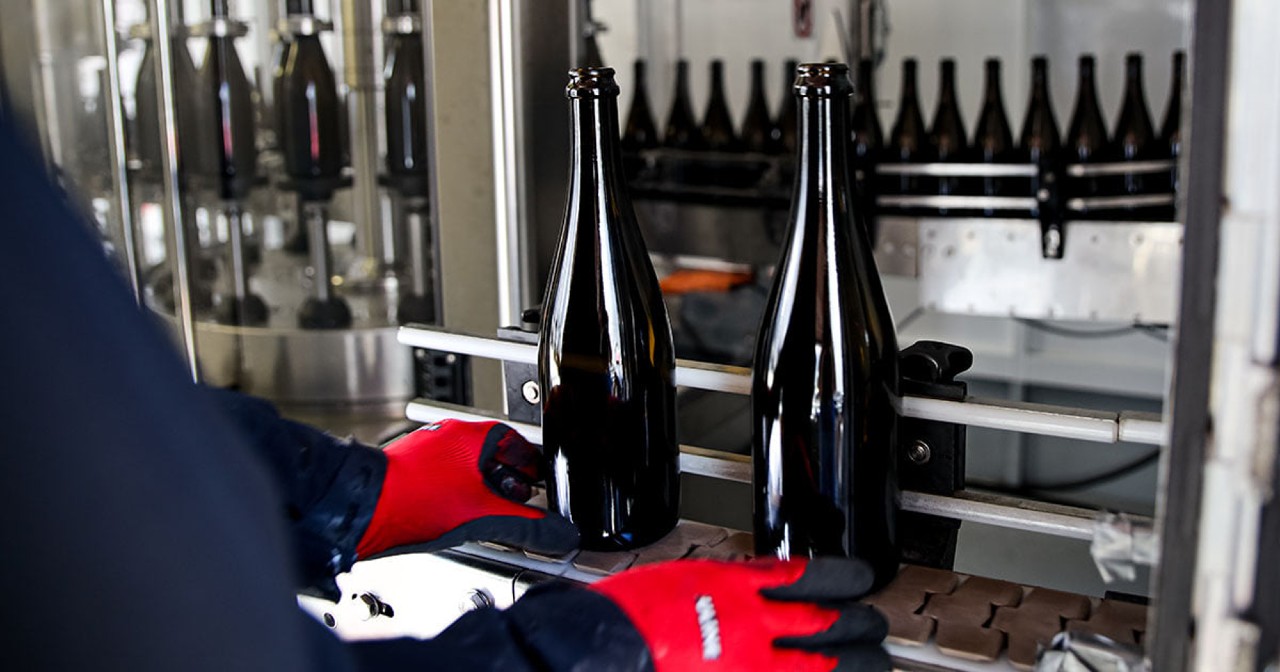
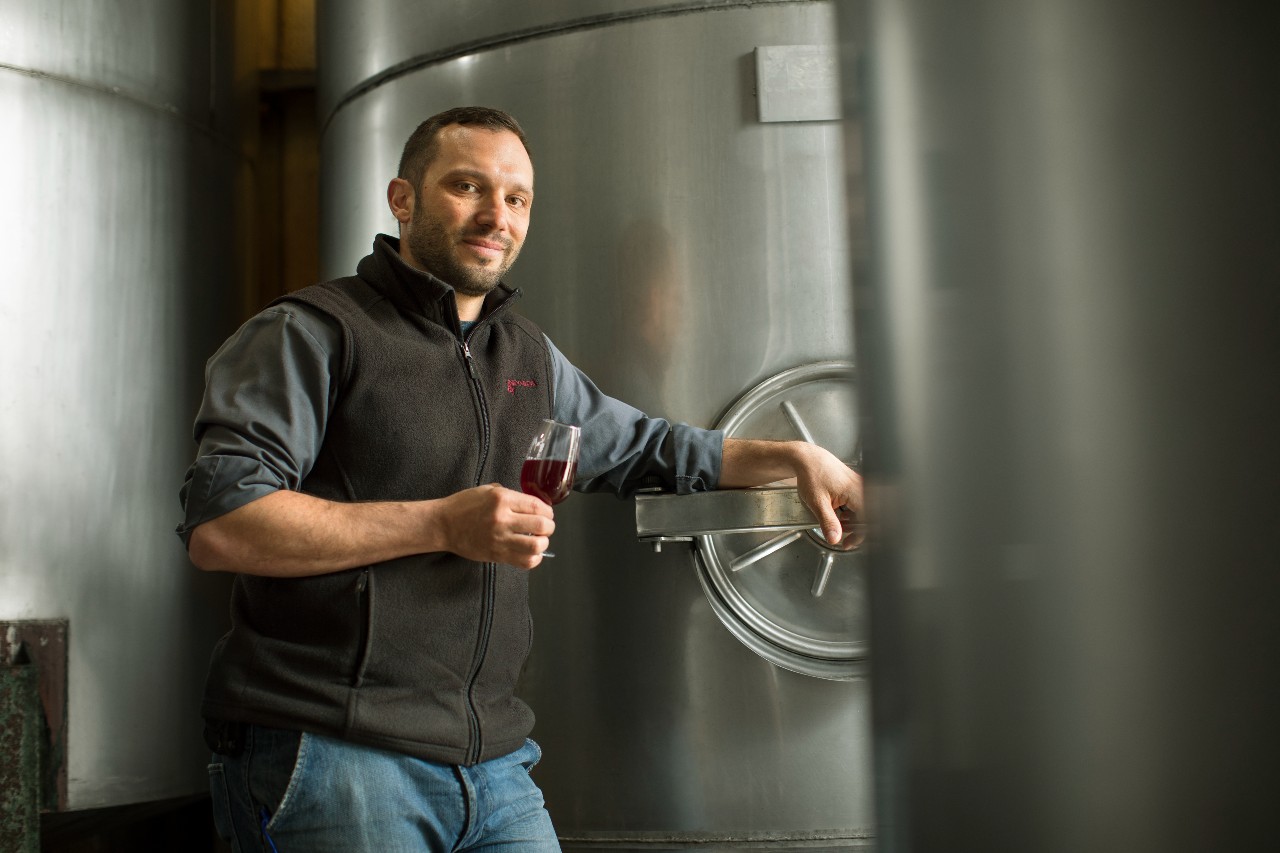
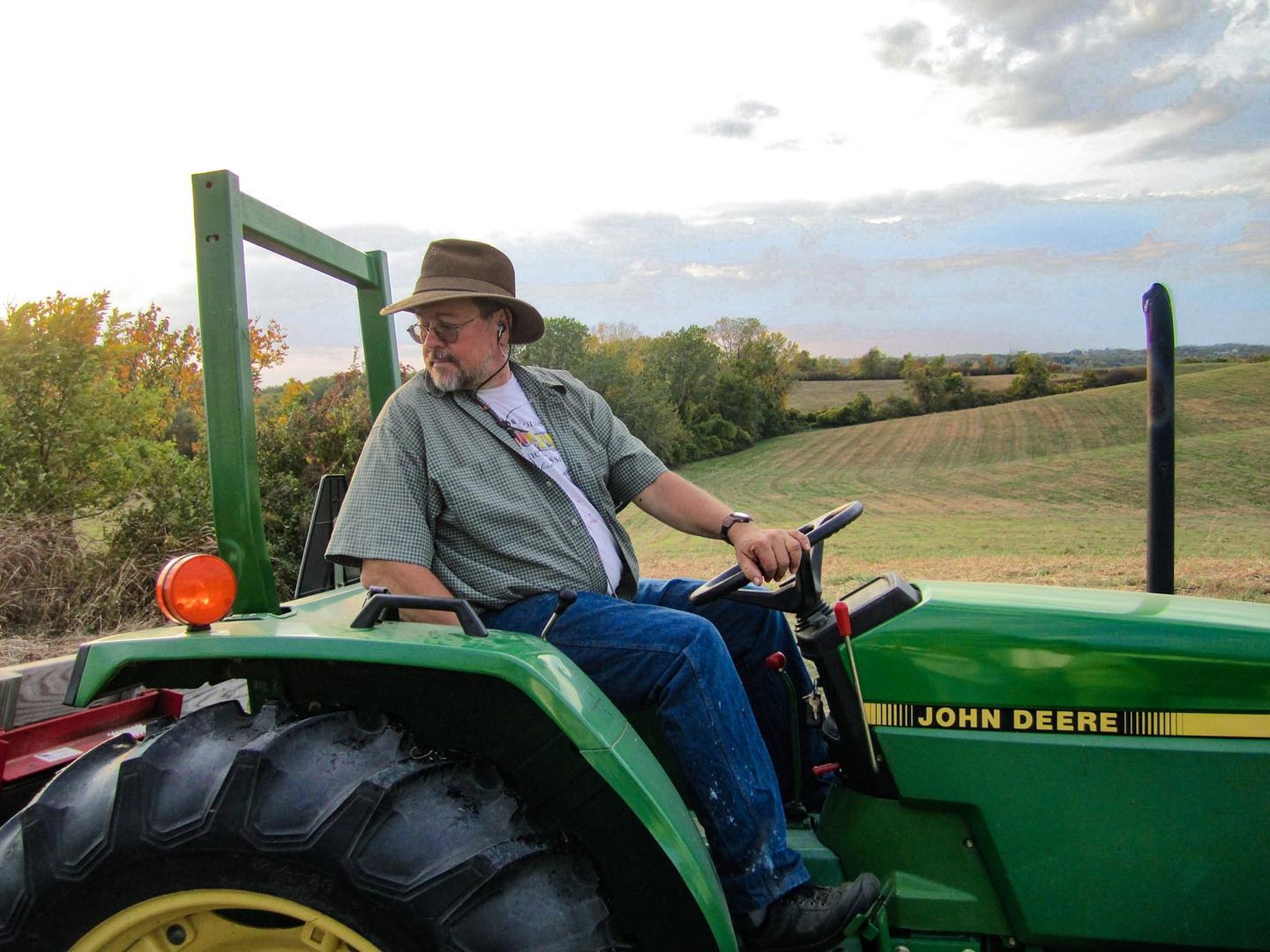
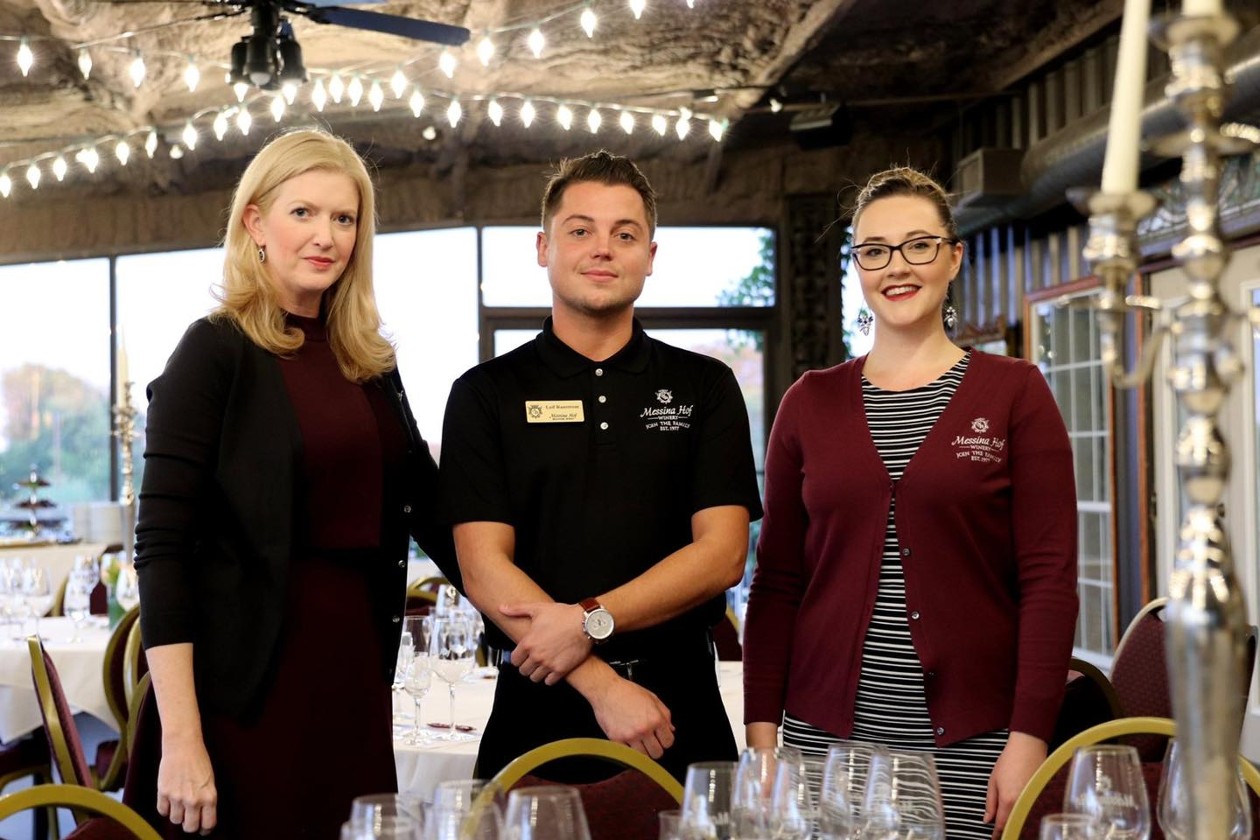
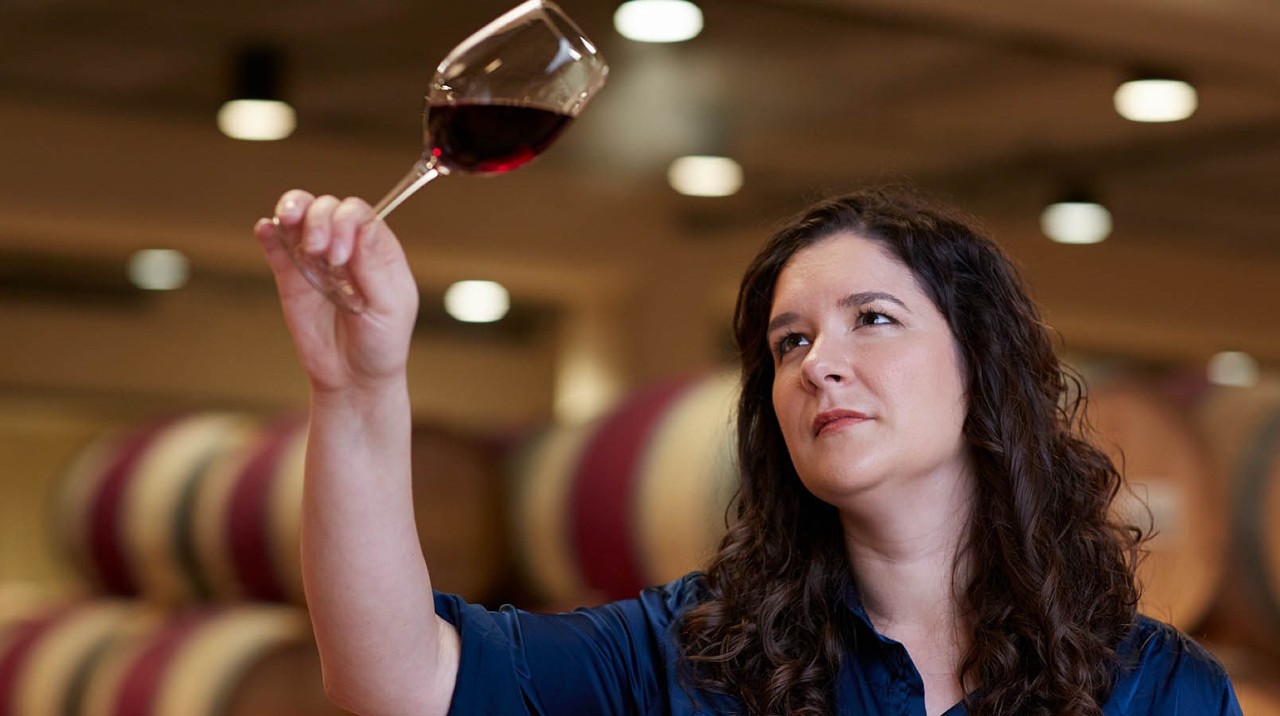


Be the first to comment